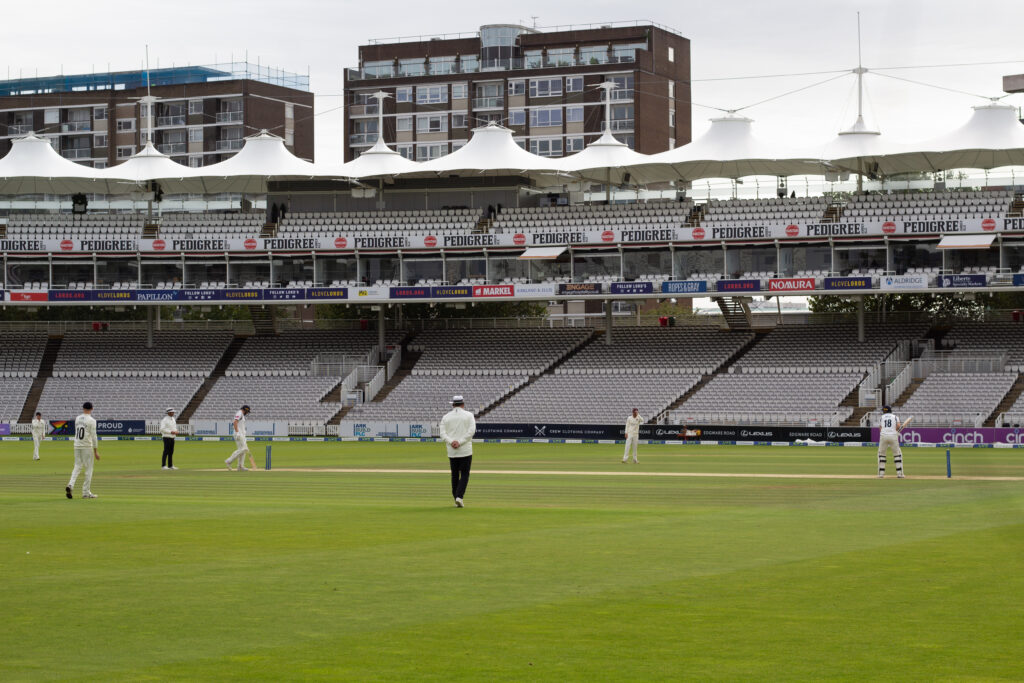MCC’s Harrow v Eton decision shows where priorities lie

It’s the news that only the few were waiting for. To the relief of the elite, the Harrow and Eton fixture has been reinstated for at least the next five years.
When the MCC announced in late June that they would be ditching the fixture between the two public schools, it seemed like change was finally being made in the right direction.
Replacing the privileged would have been the final of the boy’s and girl’s T20 competition open to all secondary schools, not just ones that the majority have to pay £46,296 a year to have a chance to play in. This is without even mentioning the extremely selective nature of these school’s admissions policy. Or that these are both all-boys schools.
The decision means instead of roughly 9 million children being offered the opportunity to play at Lord’s, only 2144 students have the chance. This decision therefore stops 99.98% of the school population from emulating their heroes at one of the world’s most historic cricket grounds.
Perhaps unsurprisingly, the decision did not sit so well with the members. Outrage ensued as it was announced that people who didn’t have to fork out almost double the average UK salary in school fees might get a chance to play at the Home of Cricket.
Many were dismayed by the fact that they were not consulted on the change, the main argument taken that this game was traditional. Relying on the fact that this has been the case for over two hundred years does not exactly scream a well-developed argument.
Cricket inherently has a privilege problem, and the MCC members continued to follow this narrative for themselves by throwing their toys out of the pram. How dare anyone who can’t afford our public schools think they deserve a chance to play at the world’s most famous cricket ground?
Nobody should be entitled to a game at Lord’s each year just because of where they go to school. Playing at Lord’s should be a meritocracy, something that you work towards throughout the season.
By virtue of the privilege afforded to them by their school, by their parents wealth and by an accident of birth they are handed a game at Lords. Meanwhile the proposed replacement would see all secondary schools playing a proper competition, with several rounds before even starting to think of making it to Lord’s.
The historic nature of Lords means it is the go-to destination for big cricketing events in England. Ben Stokes’ heroics and England winning the 2019 World Cup by the barest of margins, Sourav Ganguly dancing topless on the balcony, and Anya Shrubshole ripping through India, taking six wickets as England won the 2017 World Cup.
Shrubshole and Stokes’ moments at Lord’s had the potential to inspire the next generation of cricket fans, especially in state schools where cricket is not as accessible. Hosting the final of a competition open to the many, not the few, would help facilitate this dream for those hoping to emulate their heroes.
The decision made last year has led to formation of the Historic Fixtures Group, set up by members of the MCC looking to mobilise support for matches that have been played at Lord’s since the early 19th century.
It is embarrassing that since the 2017 World Cup, England women have played at Lord’s once. In comparison, Harrow and Eton have taken to the sloped field four times. In what world is that fair? It sets a horrendous example to young women’s cricket fans, especially given the fact these schools are all-boys schools.
The members’ pathetic revolt lets down these young girls the most. Instead of offering an opportunity to follow in the footsteps of Alice Capsey, Issy Wong, and Freya Kemp, they have decided to prevent the girl’s competition final at Lord’s for an all-boys fixture.
The Hundred has represented a step forward for women’s cricket, with London Spirit playing their home games at Lord’s. Yet, there has been no sort of committee set up by the members to try and advocate for more women’s cricket. That tells you all you need to know where their priorities lie.
An agreement has been struck protecting the status of Harrow v Eton match until 2027. There was certainty in this agreement, whereas there is no guarantee for opportunities for all other schools and universities.
The MCC have extended the invitation to the organisers of competitions open to all schools and universities around the country to hold their final at the ground: definitely no certainty here. Once again, sorting themselves out, and dangling enough of a carrot to everyone else so they can say they have evolved somewhat.
And people wonder why cricket has an image problem…